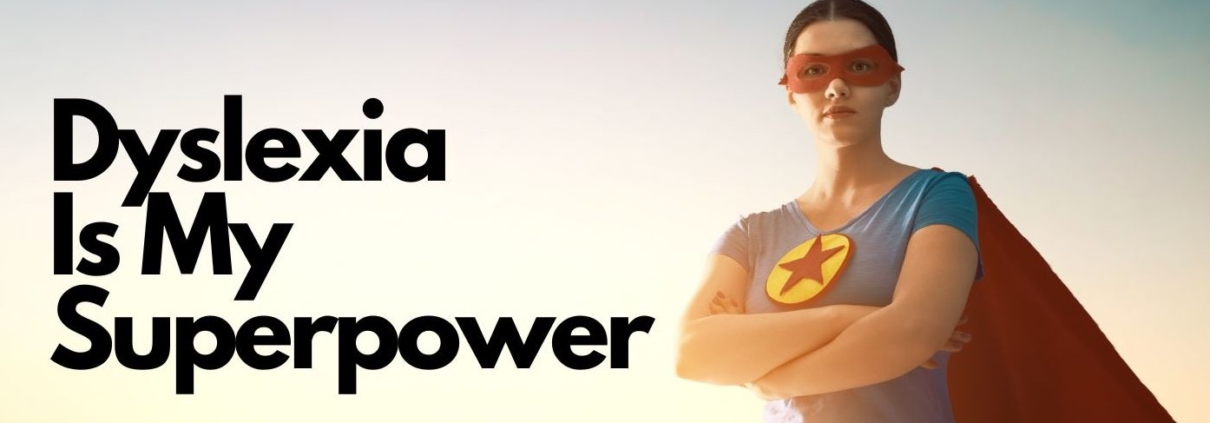Dyslexia Strengths in the Workplace
By Kimberly Kafafian
If you’re struggling to attract the right workers, you may likely be overlooking a significant talent pool: those with dyslexia. If you are, let me be the first to tell you that your business has a poor understanding of the dyslexic skill set. Unfortunately, this neurodiverse genetic difference tends to be seen as an impediment, when in reality, dyslexic talent can actually enhance your workplace. Most people associate dyslexia with an inability to spell and read. But dyslexia also comes with some incredible strengths that are often ignored and unrecognized.
A study by the non-profit Made By Dyslexia and Talent Solutions explored just how misunderstood dyslexia is, and the findings are a wake up call to employers. You likely don’t realize it, but the skills you’re looking for in today’s workers tend to be found in those with dyslexic thinking. If you don’t understand the skill sets dyslexic workers bring to the workplace you aren’t alone. The research revealed that less than one in five dyslexics feel their employer understands the strengths of dyslexic thinking, and 47% of employers said they don’t consider dyslexia when recruiting and don’t believe it’s relevant. If employers took the time to understand how the dyslexic mind works and actively pursued hires with dyslexia, they could take their organizations to unimaginable heights.
The Importance of a Strength-Based Recruiting Approach
When HR teams take a competency approach over a strength-based one, the company is missing out on some incredible talent. In our transformational world, machines are doing more and more of the work. In fact, it is estimated that by 2025, humans and machines will split the labor 50-50! Dyslexics have the soft-skills that companies need now and because of their importance, they should be highlighted during the recruitment phase and maximized during the worker’s career with the company.
The Strengths that Those with Dyslexia Can Offer
There are so many reasons why dyslexics are smart hires. Overall, they just think differently. And that is something all businesses can benefit from.
Big Picture Analysis
Dyslexics use a top-down processing approach. They are global thinkers, seeing past the details to get a more strategic view of a subject or problem.
Pattern Spotting
Finding patterns that others just don’t see is a top dyslexic skill set. Dyslexics excel at reasoning and making connections.
Problem Solving
Thinking outside of the box is a common dyslexic trait. Rather than thinking sequentially, dyslexics think simultaneously connecting ideas via different routes. This enables them to be terrific problem solvers.
Simplifying of Complex Ideas
The dyslexic mind more easily breaks down complex information into key parts that others may see as overwhelming.
Imagination
If you want innovation, you want a dyslexic person on your team. Dyslexics are creative, able to devise new concepts and give old ideas a new spin.
Curiosity
Dyslexic workers tend to explore concepts in fresh, energetic ways helping to drive innovation and transformation.
Empathy
Those with dyslexia have an innate ability to see themselves and connect with others. That makes them very empathetic teammates and leaders.
Communication Skills
From storytelling to explanations, dyslexics have the ability to craft and convey clear and engaging messaging.
As entrepreneur, business disruptor, and dyslexic Richard Branson aptly notes, “It’s time we all understand dyslexia properly as a different way of thinking, not a disadvantage.”
Employers need to create a workplace environment where those with dyslexia are recognized for their strengths rather than penalized for their challenges.
 En Español
En Español








